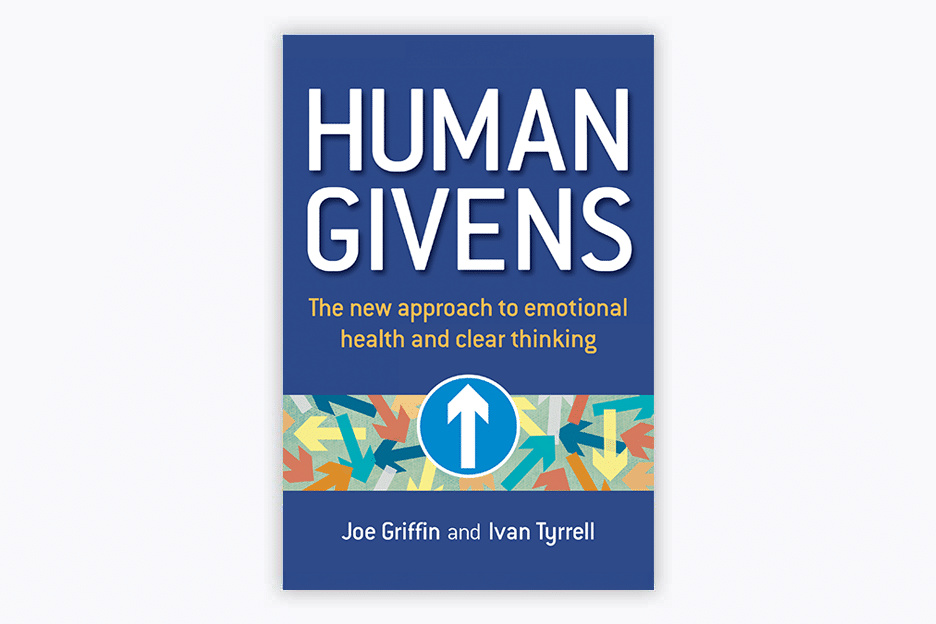Boredom Is Valuable
Don’t fight it.
Key points:
- Boredom may feel unpleasant, but it conveys an important message.
- Boredom can lead to creativity or new understandings, if people can bear to sit with it.
- When it takes the form of stuckness, therapeutic techniques can help free individuals to see their potential.
I remember a day when one of my sons was little, and I had just told him that he couldn’t play a video game. He stomped around crossly for a while, and I heard him murmuring to himself, “What shall I do? What shall I do?” And then he found on my desk a pot full of paper clips, all different colors and sizes, and he proceeded to link them together and create a rather interesting structure.
Boredom can be liberating. In a new book called The Key to Creativity, journalist Hilde Østby devotes a whole chapter to exploring it. She speaks to authors and musicians who take to their beds after lunch, especially to do nothing, or who welcome subjecting themselves to potentially boring experiences, such as waiting in train stations and airports.
“There is clearly a link between creativity and boredom,” she concludes. “We live in a culture where boredom and lack of stimuli are seen as signs of something being wrong. But if you are stimulated, entertained, or constantly in other people’s company, it is difficult to have your own thoughts. Boredom is unpopular; very few people go looking for it. Yet it appears to be something we need, perhaps more than we think.”1
This article was first published on Psychology Today, and was written by Denise Winn.



